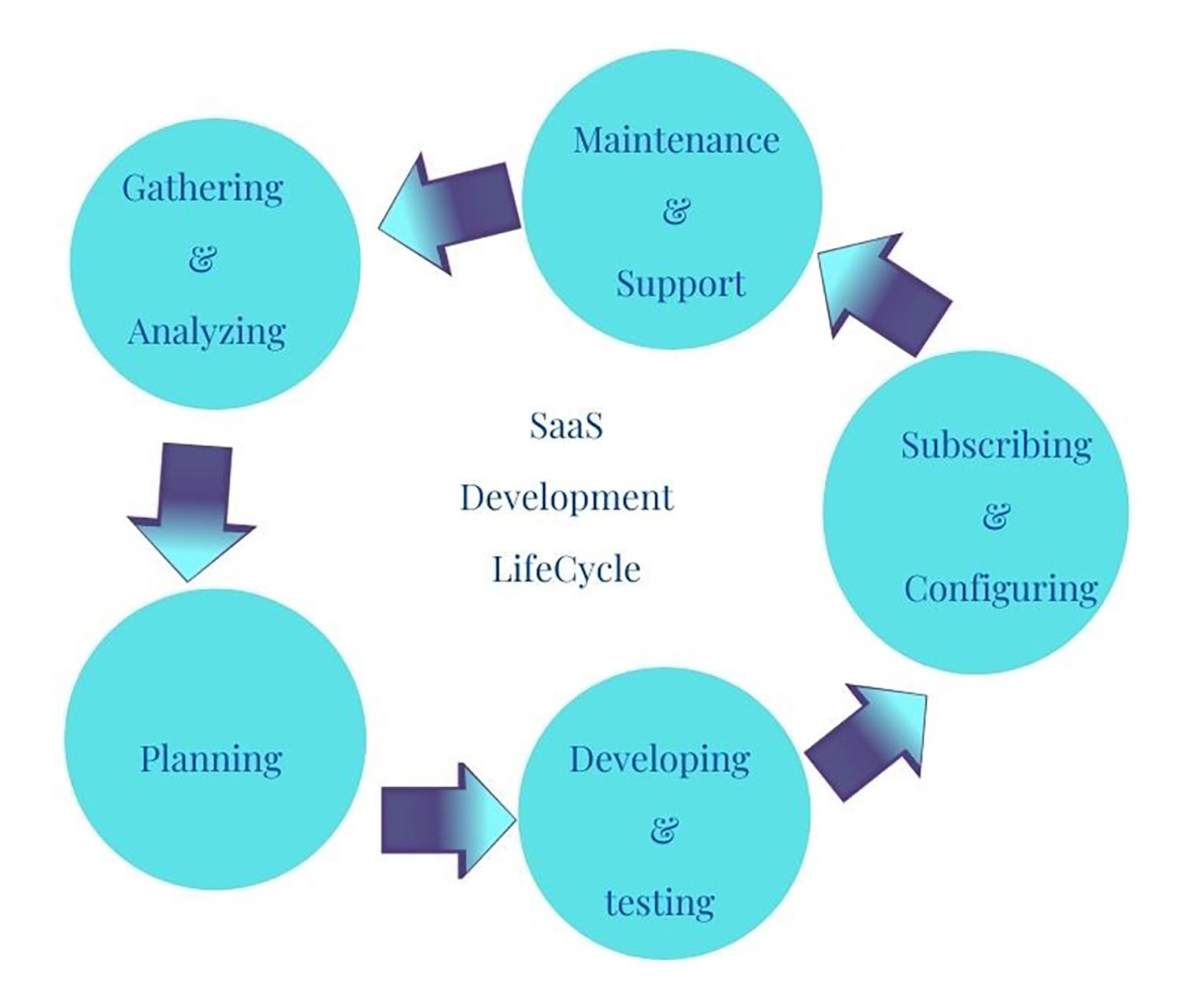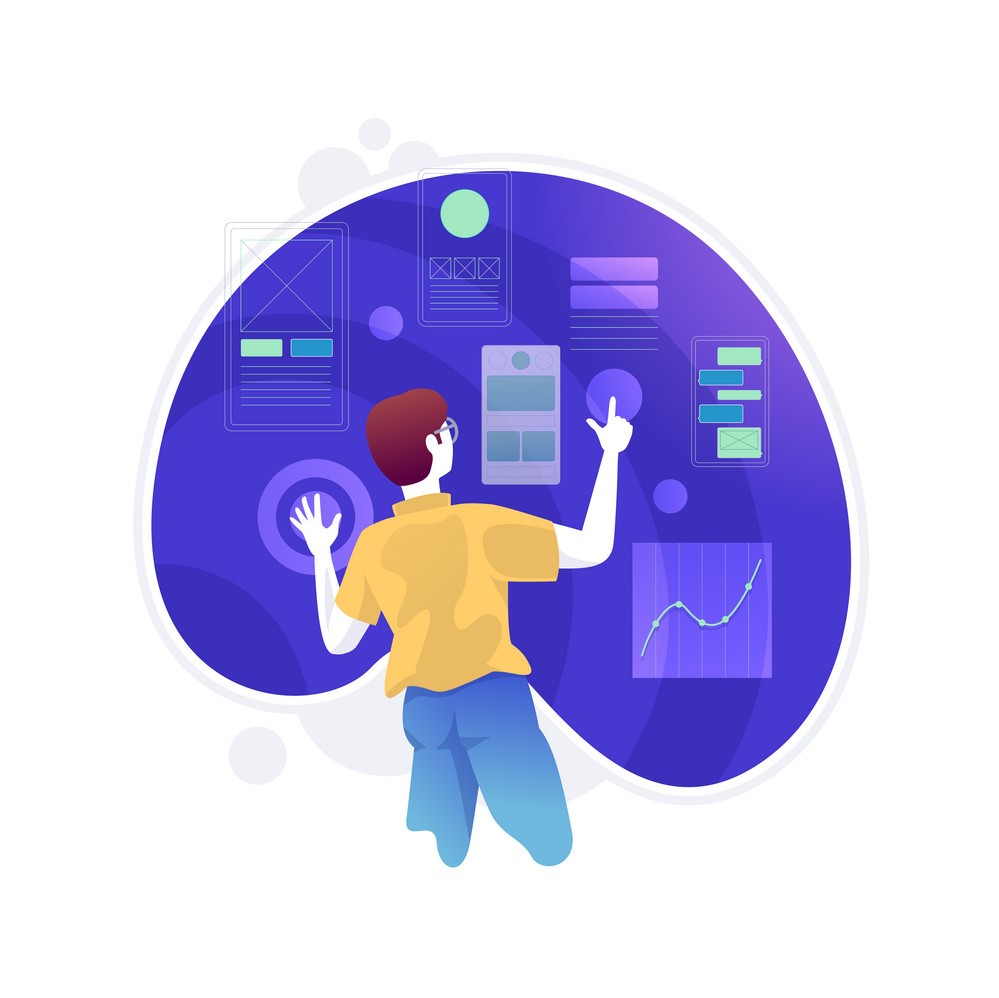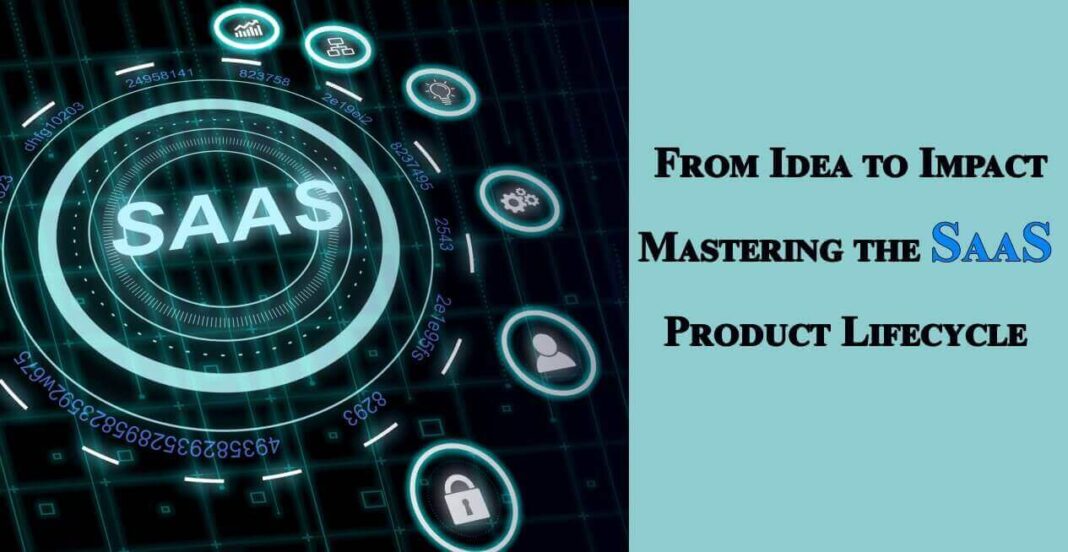From Idea to Impact | Mastering the SaaS Product Lifecycle
SaaS (Software as a Service) is like a cool club for digital solutions in the tech world. It is a place where companies, like Prestashop Development Company go to make and share their computer programs.
Unlike the old way of just selling software, SaaS is more like an ongoing service.
Now, let’s talk about why it’s crucial to be a SaaS maestro which especially for companies into Prestashop development.
It is being the boss of a magic show. The start, where you introduce what the show is about, is super important. That’s what we call the “brief overview of the SaaS industry.” It’s like explaining the magic trick before you do it.
Why bother with this SaaS lifecycle thing?
Well, it’s the difference between a one-hit wonder and a long-lasting hit. For Prestashop development folks know this lifecycle is like having a superpower in the world of online shops.
You can think of it as a music concert. Each part, from coming up with ideas to fixing stuff after launching, is like playing a different tune.
If you want to keep your song playing, you should have to master this SaaS songbook. It is not just a plan but a must-to-do thing for those who want to make a lasting mark in the digital world.
Understanding the SaaS Product Lifecycle

Let’s assume you are starting a cool digital project and it’s like writing the first chapter of a magical book called the SaaS Product Lifecycle.
First stop, the Conception Stage which is like a brainstorming party but with a tech twist. You are not just coming up with ideas. You are cooking up some digital magic.
Next is Market Research which is being a digital detective. You are on a mission to figure out what people need in the digital world. It’s like peeking into a crystal ball of opportunities.
Now, Planning for Impact is like planning a big event. You need to know who’s coming.
Defining your audience is like making a guest list, and creating user personas is like giving each guest a personality. It’s about understanding who you’re inviting to your digital party.
And then, Crafting a Unique Value Proposition is the special sauce. It’s what makes your digital creation stand out in the crowd. It’s like giving your product a superpower.
So, in the story of creating digital stuff, these steps are like the exciting chapters in the book of the SaaS Product Lifecycle. Each one adds a layer of magic to your digital adventure.
Building the Foundation
First up, we have “Prototyping and MVP Development.” It’s like making a sneak peek of our digital creation, a teaser trailer before the big show. This helps us get feedback early on, like practicing our dance moves and making sure we’re on the right track.
Now, the MVP (Minimum Viable Product) is our star player here. It’s not the whole shebang. It is the essence which is a taste of what’s coming. You can think of it as showing off a trailer of a movie before releasing the entire film.
And this is where the magic happen called iterative development. We keep improving based on the feedback we get. It is like fine-tuning a song until it just got right.
Next, we step into “Tech Stack Considerations.” Choosing the right technology is like picking the perfect tools for our digital toolbox. We want stuff that can grow with us called scalability which is the name of the game.
And, of course, we’re balancing things, customizing without making everything from scratch. It’s like tailoring a suit to fit perfectly without sewing it from scratch.
Crafting a User-Centric Experience
Alright, let’s dive into the world of digital design which is like putting on a show for our users. The main act is “User Interface (UI) and User Experience (UX) Design,” where we want to create a digital space that feels like a breeze to use.

It is where every click and swipe is part of a well-coordinated routine. The design principles is like alignment and contrast which are the choreography that makes it all flow smoothly. It’s about making things not just looked good but work effortlessly.
Now, after the initial dance moves, we have the dress rehearsal called usability testing. This is when we let our creation face the audience which is real users. We watch them move through the digital stage and tweak things to make it even better.
Here comes the heart of the show—Feedback Integration. It’s not just about claps. It is about talking to our audience. We open up channels for them to share their thoughts, suggestions, and even some constructive criticism. It’s like having a conversation with them that is making the whole thing a real user-centric experience.
Adapting the product based on what our users tell us. It’s like taking a bow after a great performance. Creating a user-centric experience is not just a goal but getting a big round of applause from our digital audience.
Sustaining Success and Growth
Sustaining Success and Growth is how the magic happens.
First up, we have the secret sauce: Customer Retention Strategies. It’s not just about getting customers. It is about keeping them happy and sticking around. It is making your product a little more magical with cool features that customers can’t resist.
Then, there’s the superhero of the story which is Proactive customer support. It’s not just fixing problems but spotting them before they even show up. It’s like having a guardian angel for your customers which is making them feel taken care of.
Keeping the conversation going is another trick; Continuous communication. It is not just sending emails but it is more like having a chat with your customers. You want them feel like they are a part of the story and not just readers.
Now, let us switch gears to “Scaling for Success“. It is like going from a cozy cottage to a big castle. Assessing scalability challenges is like mapping out the journey that make sure the ship doesn’t hit any rough waves.
Expanding features and functionalities is the grand finale. It’s not just keeping up; it’s being a step ahead. It’s growing and evolving to meet what customers want before they even ask.
Mastering the art of Sustaining Success and Growth is like becoming the hero in your own story which is thriving not just surviving.
Conclusion:
Now let us sum it up; the journey of creating digital stuff, the SaaS Product Lifecycle which is like a big story with different chapters.
As we wrap up this story, the conclusion is not just an ending. It is like setting the stage for the next part. It is a cliffhanger that leaves you excited for what happens next.
In this digital adventure, success isn’t just about surviving. It is about rocking and rolling in the ever-changing digital world. It’s like saying, “Hey, we are not just here; we’re here to stay and grow!”
So, as one part ends, the next one begins, and the SaaS journey keeps on telling its cool and ever-evolving tale.
